
About
Within the graduate programs in Home Economics Education students have the opportunity to pursue a wide range of research and professional interests, including teacher education, teaching and learning at secondary and post secondary levels. Those who complete their studies work in diverse settings including schools, small and medium businesses; and undertaking leadership roles.
The Department of Curriculum and Pedagogy offers a PhD concentration and MA and MEd specialisations in Home Economics Education, together with a secondary teacher Education (BEd) major and Diploma in Home Economics Education.
Programs
Vancouver Summer Program | Home Economics
Download an overview of our Home Economics Programs
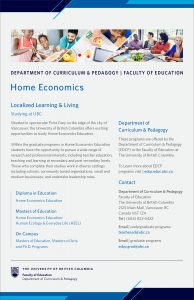
Admissions
All graduate program applicants in the Department of Curriculum and Pedagogy (EDCP) must meet the minimum entry requirements established by the Faculty of Graduate and Postdoctoral Studies, which oversees graduate work at UBC. Applicants who do not meet the minimum requirements will be considered for admission only in exceptional circumstances.
Doctor of Philosophy
In addition to the Faculty of Graduate and Postdoctoral Studies requirements, the Curriculum Studies doctorate program requires:
- A Master’s degree with high standing in a relevant educational discipline,
- A sample of work demonstrating scholarly writing,
- A letter of intent describing the focus of the proposed research,
- Support of three referees, one of which must be from a member of your thesis supervisory committee.
- regarding students possessing a thesis-based Master’s degree from other than a relevant educational discipline, it may be possible to proceed into the Ph.D. after taking the core course requirements of an appropriate Master’s degree in education at UBC.
Master of Arts (MA) & Master of Education (MEd)
In addition to the Faculty of Graduate and Postdoctoral Studies requirements, the program normally requires:
- One-two year/s of teacher education; or a four-year Bachelor’s degree in Education. In special circumstances, teacher education may be waived for those applicants who have a university degree with sufficient standing and experience related to their proposed field of study.
- Normally 18 credits of senior course work or a professional concentration in the area of interest.
- Two years’ teaching experience or other relevant professional experience.
MEd applicants focus their studies on the application of educational theory to their professional practice.
Requirements
Doctor of Philosophy
The PhD in Curriculum Studies is a flexible, research-oriented doctoral program designed for students interested in the organization of learning within educational settings. If you are admitted, you will take your first doctoral seminar in the first term and second doctoral seminar in the second term of the first year. In addition to these six credits, you will need two research methodology and two specialization courses (18 credits total). You will select your courses in consultation with your supervisor(s) or program coordinator, based on your prior academic work and research interests. Students in the PhD program typically reach candidacy by the end of the second year of their studies. In exceptional circumstances, students are allowed to take additional year to reach candidacy. Normally, students devote two to three years of developing, carrying out research, and writing dissertation to make an original contribution to knowledge in the area of specialization.
The university allows doctoral students up to six years to complete program requirements.
Please browse our admissions page for more information and applications to the Department.
Master of Arts
The program consists of a minimum of 30 credits: 21 credits of coursework plus 9 credits of thesis. A maximum of 6 credits may be taken at the 300-400 level.
REQUIRED COURSES
- EDCP 562 (3) Introduction to Curriculum Issues and Theories
- EDUC 500 (3) Research Methodologies in Education
- EDCP 5XX – 3 to 6 credits of Home Economics Education content at 500 level (1 to 2 courses).
- 3 credits at 500 level of research methodology
- EDCP 599c (9) Thesis
For more information on requirements, see the master’s program guides:
Master’s Program Guidelines
Master of Education
The program consists of a minimum of 30 credits. Students select either a program consisting entirely of courses (30 credits) or 27 credits of coursework plus a graduating project (3 credits). A maximum of 6 credits may be taken at the 300-400 level.
REQUIRED COURSES
- EDCP 562 (3) Introduction to Curriculum Issues and Theories
- EDUC 500 (3) Research Methodologies in Education
- EDCP 5XX – 3 to 6 credits of Home Economics Education content at 500 level (1 to 2 courses).
- For B.C. teachers: Teacher Qualification Service requires a capstone experience (e.g., EDCP 590 (3) Graduating Paper)
For more information on requirements, see the master’s program guides:
Master’s Program Guidelines
A specific MEd program for Home Economics has been developed. This program is called Human Ecology and Everyday Life (HEEL).
Applications will open soon for the next intake. If you have any queries please direct them to Dr. Kerry Renwick (Email: Kerry.renwick@ubc.ca)
How to Apply
Find and Approach a Potential Supervisor
The most important first step in applying for admission to our graduate program is finding and approaching a potential supervisor in the department. This gives you an opportunity to discuss the research you are interested in completing as a graduate student. We make every effort to match an applicant with a supervisor. However, if there are no supervisors available, we will not be able to offer an admission to an applicant. Anyone interested in applying for admission to graduate program in our department is advised to visit the Curriculum and Pedagogy website via the Faculty page to find faculty whose research aligns with their interests. There is a space in the application form for you to list your preferred supervisors.
Apply online
Submit your application online
Complete the online application. To be considered for admission, submit your completed application including all supporting documents, by the deadlines noted below. Note: the online application will be open October 1.
For detailed application process and requirements, click here.
Please follow the instructions on the online application portal.
Early submissions are encouraged.
* The department deadline for receipt of completed, master program applications is December 1.
* References are due December 12.
* The department deadline for receipt of completed, doctoral program applications is December 1.
* References are due December 7.
Supporting Documents Checklist
Document type
- Scanned copies of all official transcripts and degree certificates (if any). Submit | Online.
- Three letters of recommendation (one of which for doctoral applicant must be from a member of the thesis supervisory committee). Submit | Online.
- CV/resume. Submit | Online.
- Evidence of English language proficiency. Submit | Online.
- Sample of Writing for doctoral applicants (no more than ten pages). Submit | Online.
- Any additional information. Submit | by email attachment to edcp.grad@ubc.ca.
Upload supporting documents online
Transcripts & Degree Certificates
Applicants will be asked to upload transcripts with their grade key (usually located on the back of the transcript). Even if the applicant does not yet have final marks on the transcript, we still require a copy as evidence of registration and academic progress (we do not accept printed student’s records).
Upload scanned transcripts and degree certificates (if any) online. Please be advised that if you are admitted you will be required to submit original transcripts and degree certificates (if any) in the SEALED and ENDORSED envelopes as soon as possible after admission is offered. Students are not allowed to register in courses until this requirement is met.
Statement of Intent for MA and PhD Applicants
In the application portal, you will be given the opportunity to add a Statement of Intent (maximum 2 pages) describing why you choose to pursue graduate studies at UBC and in which area of research you want to concentrate your work. For more information, click here.
Statement of Intent for MEd Applicants
Please write a summary of your reasons for wishing to enroll in the program of your choice, and what it is that you hope to achieve in completing this program.
Letters of Recommendation
We require three letters of recommendation (one of which for doctoral applicant must be from a member of the thesis supervisory committee). See detailed requirements.
Referees will be able to upload their letters once you have submitted your application, so please ensure that they are able to submit by the deadlines noted above and that you provide them with appropriate timelines.
Submit other supporting documents
Evidence of English Language Proficiency
Applicants from a university outside Canada in which English is not the primary language of instruction must present evidence of competency to pursue studies in the English language prior to the application deadline in December.
Test scores must have been taken within the last 24 months at the time of submission of your application, and official test scores ordered from the testing agency is required.
TOEFL minimum scores
Test Format | Minimum Score
Internet-based | 92 (minimum 22 on each component)
Computer-based | 237
Paper | 580
TOEFL Institution Code: 0965
TOEFL Department Code: 85
Detailed language requirements and other acceptable English proficiency tests
Permanent Residents
Permanent Residents are required to provide proof of immigration status and date of landing by submitting a copy of the Record of Landing Form or a copy of both the front and back of their Permanent Resident card.
Additional Information
You are welcome to submit additional information, regarding professional employment experience, publications, or awards, which you feel should be taken into account in considering your application. These can be sent by email attachment to edcp.grad@ubc.ca.
Contact Us
Mailing Address
Department of Curriculum & Pedagogy
Faculty of Education
University of British Columbia
Scarfe Building 2125 Main Mall
Vancouver BC V6T 1Z4 Canada
Important Numbers
Apply for graduate programs:
Gina Hiu Lam Wong
604.822.5367
Email: edcp.grad@ubc.ca
Apply for undergraduate programs:
Contact the Teacher Education Office
Alumni Profiles
Heather Clark | MEd 2020
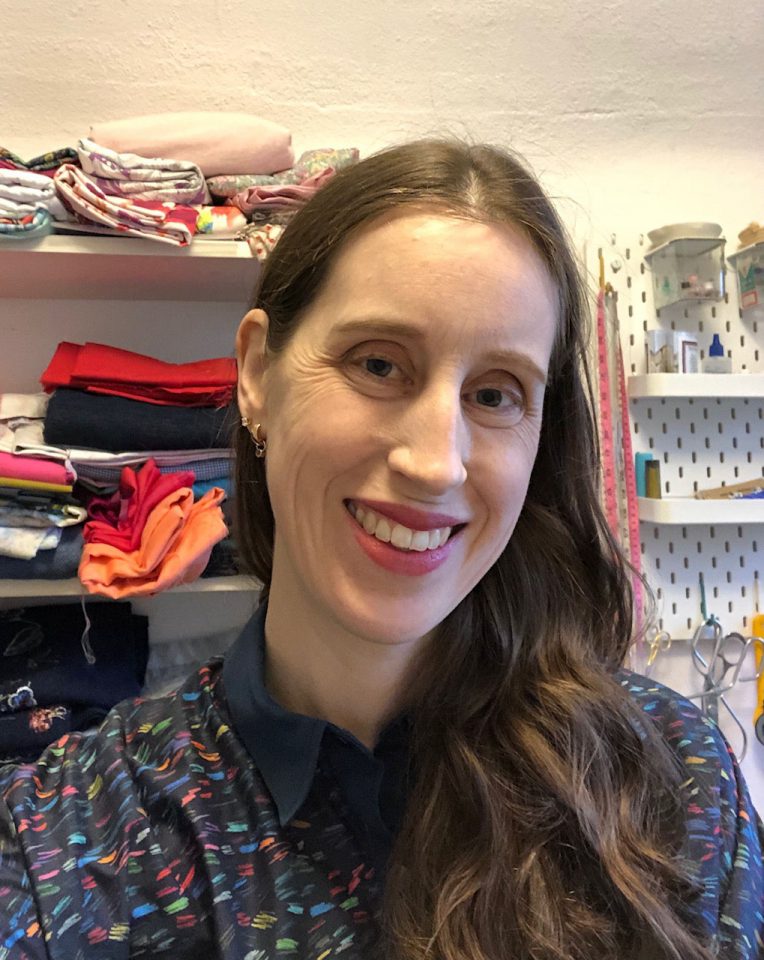
Master of Education (MEd) in Home Economics (HEEL)
Online cohort, 2020
Current Occupation | Educator
How was your experience with your UBC Home Economics program?
Wonderful. Throughout the BEd and MEd programs, I gained many contacts and friends with who I am still connected. The instructors throughout the MEd program were outstanding and incredibly supportive. A piece of these programs I have greatly appreciated is the encouragement to become connected with other home economics educators and in community events. Home Economics educators are inspiring, passionate, and have a great willingness to collaborate, share and support others – you couldn’t hope for a more engaged community of educators!
How did your UBC Home Economics program help you in your career?
After graduating from the BEd program I was hired to teach with the Surrey School District, having an almost full teaching load of textiles – it was wonderful. Through this experience and remaining connected to others I was notified when there became an opportunity to join the Fashion and Technology program at Kwantlen Polytechnic University as a faculty member. When ready to pursue further education the Masters of Education in Home Economics Education seemed like a great fit. During the MEd program, I was able to apply learning gained throughout the program immediately in my faculty role at KPU, and had opportunities to connect with classmates in the program across Canada.
Currently, in addition to working with KPU in the Fashion and Technology Program, I am also working with those in the UBC BEd program in Home Economics focused courses. Without education gained in the BEd program, and then completing the MEd program I would not have had the career that I have had. This education had also presented numerous opportunities to become connected with many outstanding educators within the field of home economics and fashion education, and many incredible students.
The field of Home Economics has evolved – what is your message to prospective students about the value and relevancy of this field today?
To be open-minded and disregard your previous understandings of what Home Economics is. Home Economics is wide-ranging, with components that we interact with on a daily basis, from what we choose to eat, wear, and live and how all of these decisions and those around us have a part to play in this world we call home. There is much more to home economics than ‘just’ cooking and sewing. There is a great depth to the field of home economics with spaces for educators and learners to delve into certain topics, personalizing understanding, reflecting on both local and global perspectives, and envisioning potential future positive changes for both their local and broader communities.
What do you love most about the field of Home Economics?
The applied and hand on nature of the field. It is a wonderful combination of theoretical knowledge with practical application, with much that can be learned in a hands-on way. And also the home economics educator community, the work that THESA, the home economics specialist association, has done in engaging, and supporting this community is outstanding.
Lorraine Dudler | MEd 2013
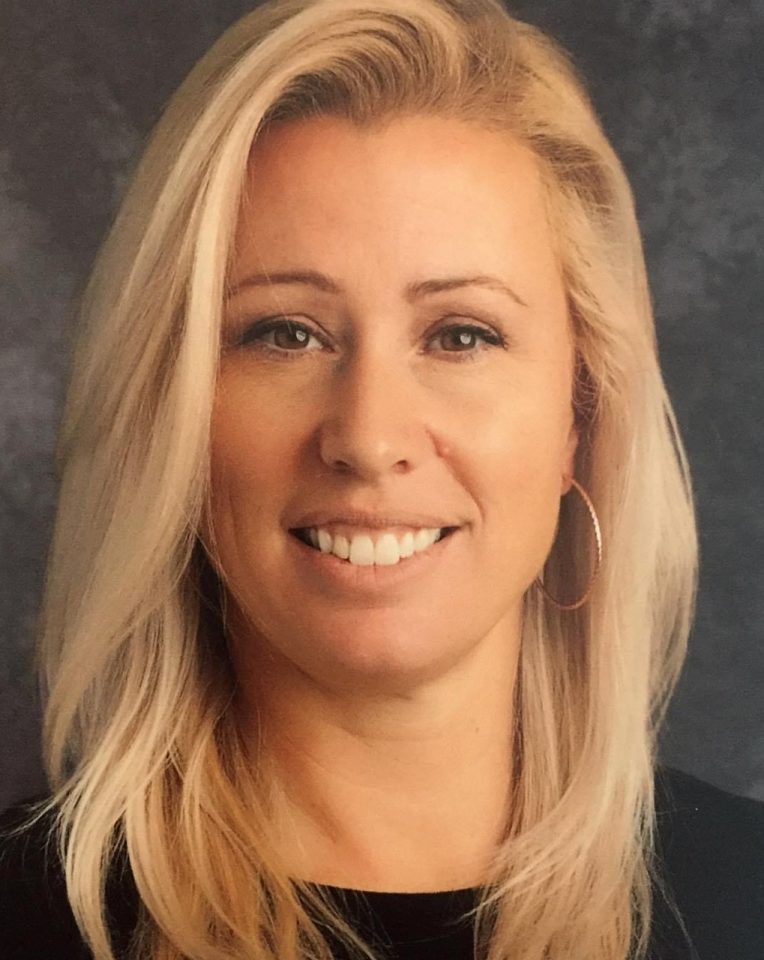
Master of Education (MEd) in Home Economics (HEEL)
Online cohort, 2013
Current Occupation | Human Ecology Teacher
How was your experience with your UBC Home Economics program?
The UBC Home Economics, Masters of Education Cohort gave me the opportunity to work with other Home Economics teachers from all over Canada. The collaborative nature of the program was inspiring and enlightened me on the Canadian landscape of Human Ecology Education.
I was able to use my own prior knowledge and experience as a Human Ecology teacher, while building a new teaching approaches and future research opportunities.
How did your UBC Home Economics program help you in your career?
My research project allowed me to explore constructivism as a theory of learning and study implications of adopting this theory for teaching specifically in home economics foods and nutrition classes. My new understanding and experiences through the UBC Home Economics program gave me the confidence to propose new programming in schools that was widely adopted after my pilot project.
Even after graduation, I continue to stay connected with other students from the program and they have become a great sounding board for new and innovative ideas in Home Economics Education.
What do you love most about the field of Home Economics?
I love that Home Economics is an applied, dynamic field that evolves with the changing needs of families and communities. To ensure the wellbeing, sustainability, inclusivity, and innovation of our societies we need the skills and knowledge of Home Economists.
Hardeep Kaur Khosa | MEd 2018

Master of Education (MEd) in Home Economics (HEEL)
Online cohort, 2018
Current Occupation | Teacher
How was your experience with your UBC Home Economics program?
I enjoyed every moment in the UBC Home Economics program. I felt support and guidance every step of the way. The Profesors and fellow students were all understanding and helpful.
How did your UBC Home Economics program help you in your career?
As a teacher, this program has helped me to further develop my curriculum and lesson plans. I am able understand how to connect my students to the changing world we live in. I did my final paper on the development and changes in the Family Studies curriculum, which is helping me create my own program which aligns with the new provincial curriculum. I not only gained an underdstanding of content but grew in my teaching methodology.
The field of Home Economics has evolved – what is your message to prospective students about the value and relevancy of this field today?
Home Economics is not limited to teaching students in a classroom. Home Economics helps everyone better understand the world we live in. As a sociologist it teaches us about human connections, which applies to every field. People in the business field, espeically marketing, can learn how to connect to the changing world we live in.
What do you love most about the field of Home Economics?
My favourite part of Home Economics is how it explores the unit of family and socialization. As an educator a large part of my job is socializing the students. Studying family is interesting because cultures and societies around the globe and throughout time have had some form of family unit. The idea of family is one that ties human behaviour though the notions of what a family looks like may differ for different people.
Chrissy Smith | MEd 2021
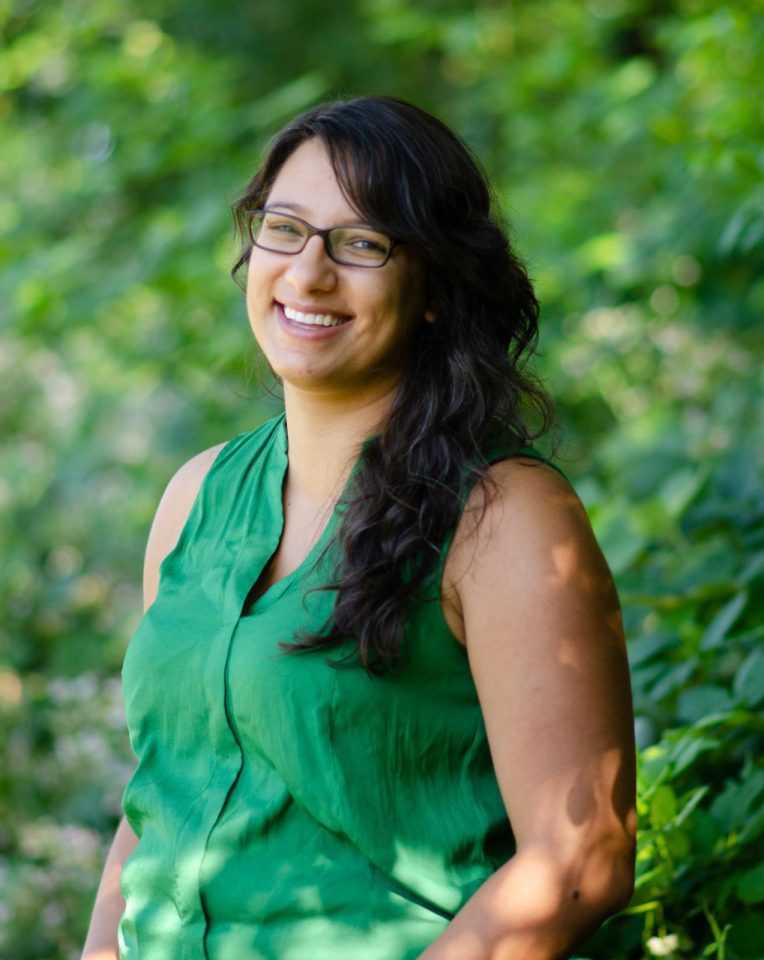
Master of Education (MEd) in Home Economics (HEEL)
Online Cohort, 2021
Current Occupation | Secondary School Home Economics Teacher
How was your experience with your UBC Home Economics program?
I have had the privilege of completing my B.Ed and M.Ed at UBC, both programs specializing in Home Economics. The Bachelor of Education program was an introduction to the profession, delving into the significance of the past, present, and future of Home Economics curriculum and pedagogy. The Human Ecology and Everyday Life (HEEL) program enriched my own understanding of my personal and professional practice, while providing the flexibility and balance as a full-time educator. The online nature of the program allowed for open dialogue with a diverse group of educators across the province, country, and the globe. It was a rewarding opportunity to broaden and develop my perspective as a teacher-practitioner within food literacy education.
How did your UBC Home Economics program help you in your career?
I didn’t truly feel equipped with the language used to navigate my own practice until my graduate studies. My dialogue and readings during the HEEL program have truly brought my attention to how language is not only used within our profession by stakeholders, but also how it can be perceived by students, other educators, administration, parents, and the public eye. As part of my food literacy pedagogy, I strive to encourage students to develop their own informed food philosophies, incorporating both their own culture and experiences, as well as embracing the diverse worldviews of others.
The field of Home Economics has evolved – what is your message to prospective students about the value and relevancy of this field today?
In light of the COVID-19 pandemic, there has been a positive resurgence of highlighting what individuals do in the home. In what other profession do you speak about the everyday, focusing on the health and wellness of the individual, family, and community? The profession embraces many disciplines, including Food, Textiles, and Family Studies where individuals come together from diverse backgrounds, sharing their own perspectives. Not only do I believe that individuals should be engaged within their day to day, but it is /how/ individuals engage with the world around them that can spark action.
What do you love most about the field of Home Economics?
My personal passions lie within food literacy education as there is always some way to connect with others through the medium of food. I believe that every individual should be equipped with the tools and skills needed to navigate today’s complex food system and to find personal, meaningful connection with the food that they prepare and eat. As a Home Economics educator, I have an amazing opportunity to connect students to their own cultural experiences, to local and global food systems, and critical issues related to food.
Joe Tong | MEd 2014
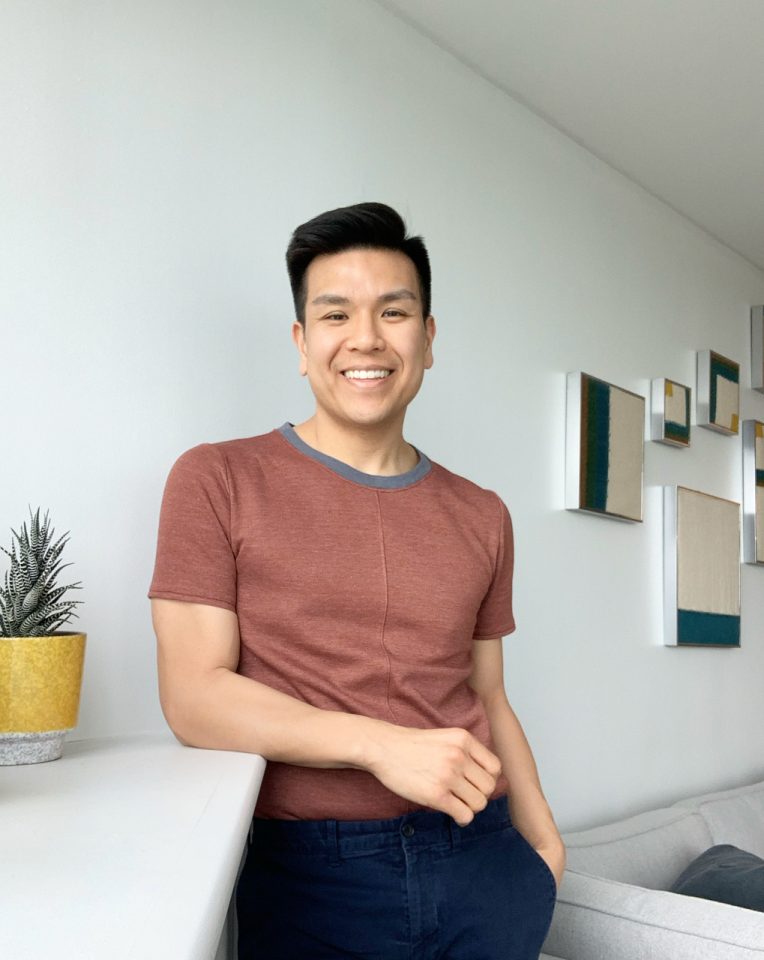
Master of Education (MEd) in Home Economics (HEEL)
Online Cohort, 2014
Current Occupation | Home Economics Teacher
How was your experience with your UBC Home Economics program?
I had a wonderful time in the UBC Home Economics program, especially during cohort sessions and methods classes. The class size that we had in home economics was perfect (fewer than others) and Dr. Mary Leah de Zwart (our instructor) was an effective mentor and helped us to find our own style of teaching. During my MEd, I also had Dr. de Zwart as well as Dr. Mary Gale Smith. I enjoyed learning deeply about the history of home economics and choosing my own direction of investigation.
How did your UBC Home Economics program help you in your career?
Both programs prepared me to see that there isn’t one way to teach Home Economics. The programs helped me to question my own experiences during my high school home economics experiences and make educated decisions to teach students, especially with the current home economics curriculum which focuses on design thinking.
The field of Home Economics has evolved – what is your message to prospective students about the value and relevancy of this field today?
Home Economics is a creative, innovative, and relevant area of learning. In our province the evolving curriculum that includes design thinking as a framework for home economics has brought exciting opportunities for students and teachers to take creative perspectives to the area of learning. I would urge folks interested in pursuing home economics education in BC to to consider the stereotypes of what home economics is and how these stereotypes may be problematic.
What do you love most about the field of Home Economics?
My favourite aspect of home economics is the ability to connect many areas of learning through what we do. It exists as a unique area of learning that is truly about the essential learnings of life.
Kelli Wolfe-Enslow | MEd 2014
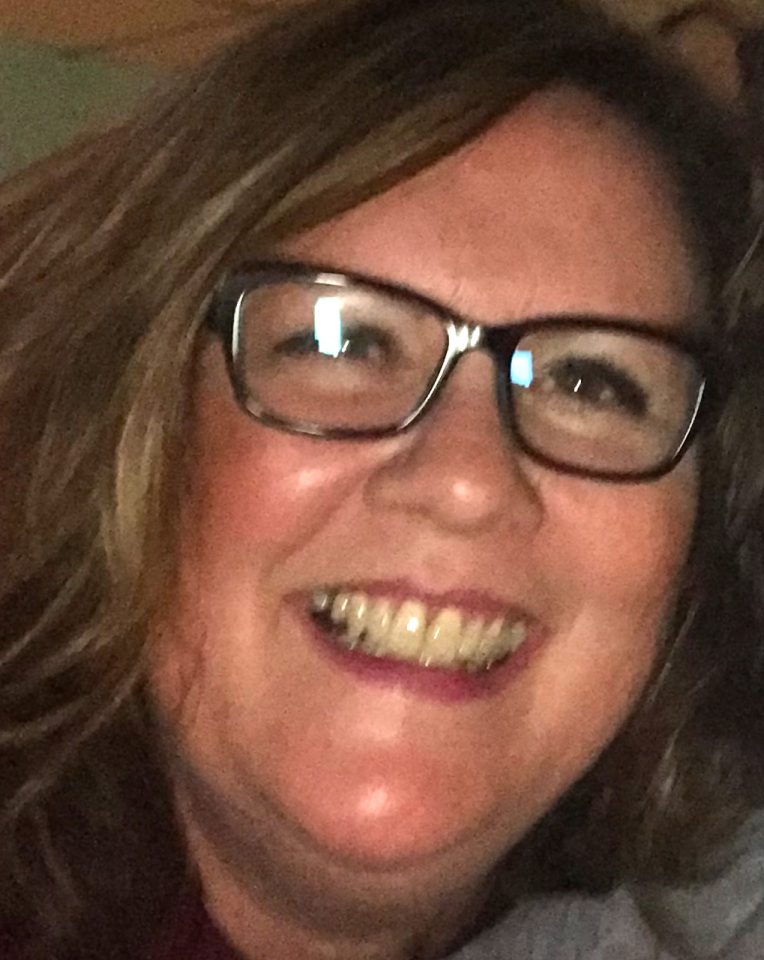
Master of Education (MEd) in Home Economics (HEEL)
Online Cohort, 2014
Current Occupation | Lead O2 and Co-op Teacher
How was your experience with your UBC Home Economics program?
My BEd experience at UBC was enlightening and started me on a path of self-awareness. I met amazing people and developed relationships that will last a life time.
How did your UBC Home Economics program help you in your career?
The program has provided me with teaching experience at post-secondary level and I have a collaborative opportunity with Dr Mia Russell from John Hopkins University.
The field of Home Economics has evolved – what is your message to prospective students about the value and relevancy of this field today?
It is a very important field to be involved in because it is a vital part of our society to be aware of the evolving field of home economics by establishing that the core ideology of students developing practical skills and understanding the attitudes for everyday life as individuals and family members
What do you love most about the field of Home Economics?
I love that we can teach skills that are essential to prepare students to be productive citizens to carry on the care and compassion for future generations.
Area Coordinator
Kerry Renwick – Graduate Program
Johnna Montgomerie – Undergraduate Program
-
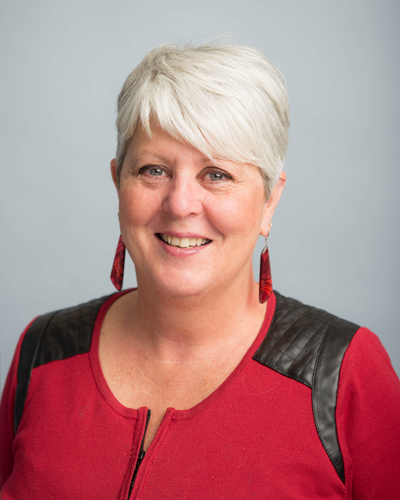
Kerry Renwick
Professor
-
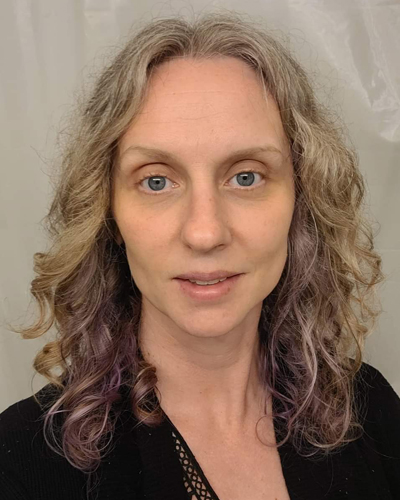
Johnna Montgomerie
PROFESSOR